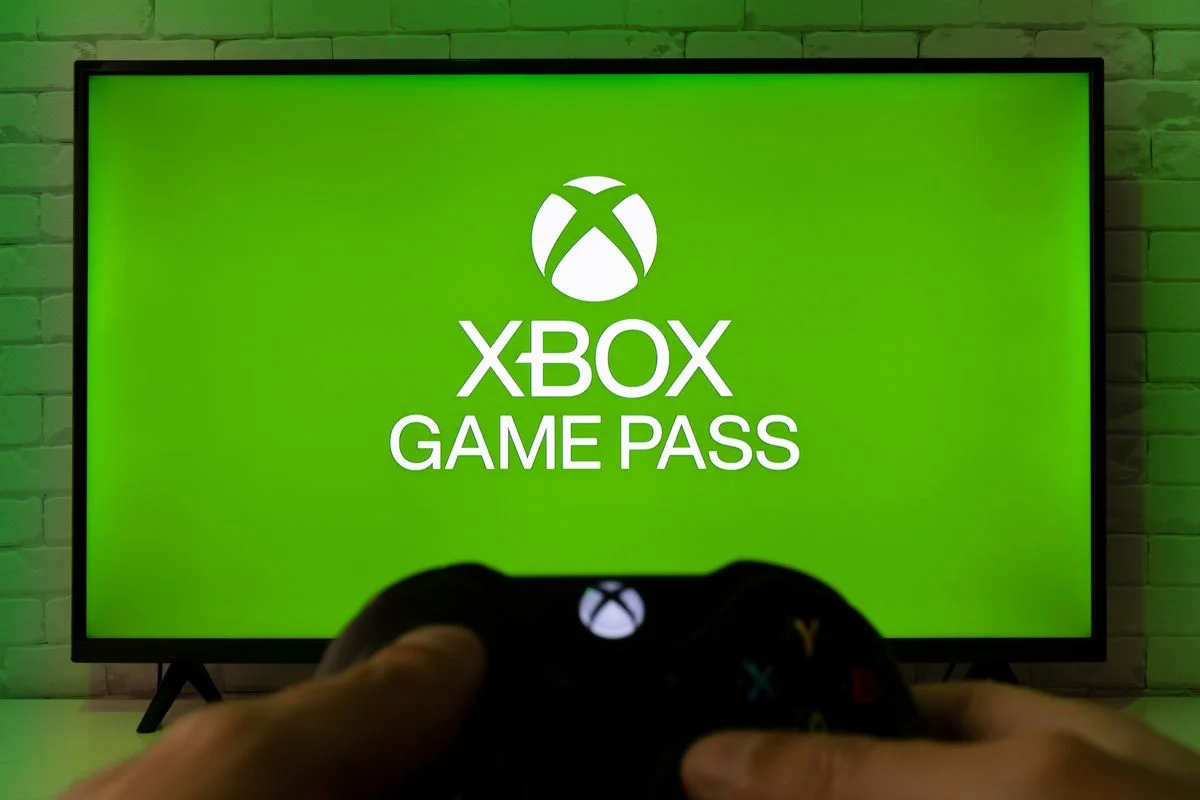The Article Tells The Story of:
- Xbox Game Pass was meant to revolutionize gaming, but after eight years, Microsoft still trails behind PlayStation and Nintendo.
- Despite billions spent on acquisitions, Xbox hardware sales are less than half of PS5’s, raising questions about its long-term strategy.
- Cloud gaming and subscriptions haven’t replaced game sales, leaving Microsoft’s vision in doubt.
- Can Xbox turn things around, or is it too late?
Xbox Game Pass: A Bold Idea That Stumbled
Xbox Game Pass was designed to reshape gaming. Instead of paying $70 per game, players could pay a monthly fee and access a vast library of titles. Microsoft wanted to move away from the traditional console war and focus on subscriptions, cloud gaming, and accessibility. But despite billions spent on acquisitions and years of effort, Xbox still lags behind PlayStation and Nintendo. What went wrong?
Check Out Our Article of Xbox Series X Review (2024): Has Microsoft Missed the Mark? Published on December 17, 2024 SquaredTech
The Vision Behind Xbox Game Pass
Microsoft launched Xbox in 2001, competing with Sony and Nintendo. Over time, PlayStation and Nintendo cemented their dominance. In response, Microsoft tried a new approach. Instead of relying solely on hardware sales, it introduced Game Pass in 2017.
Game Pass offered a library of games for a flat monthly fee, much like Netflix. Microsoft hoped this would make gaming more accessible and encourage players to stay within the Xbox ecosystem. The plan was to combine subscriptions, cloud gaming, and cross-platform access, reducing reliance on hardware sales.
Microsoft also invested heavily in game studios, spending nearly $100 billion to acquire companies like Bethesda and Activision Blizzard. The goal was to ensure Game Pass had a steady flow of high-quality, exclusive games.
Why Xbox Game Pass Hasn’t Taken Over
- Hardware Sales Still Matter
Microsoft’s strategy assumed players would move away from traditional hardware purchases. But console sales still drive the industry. PlayStation 5 and Nintendo Switch outsell Xbox consoles by a large margin. Sony’s exclusive games, like Spider-Man and God of War, continue to attract buyers. Meanwhile, Nintendo’s Switch has sold over 150 million units. Microsoft remains a distant third.
- Subscription Model Challenges
Game Pass does have millions of subscribers, but it hasn’t revolutionized gaming the way Netflix changed movies. Many players still prefer to buy individual games. Some developers worry that subscription models could lower profits over time, leading them to prioritize PlayStation and Nintendo instead.
- Cloud Gaming Isn’t There Yet
Microsoft promoted cloud gaming as a major part of its strategy. Players could stream games on phones, tablets, and smart TVs. However, cloud gaming faces technical hurdles. Lag, internet speed requirements, and limited adoption have kept it from being a true alternative to consoles or PCs.
- The Impact of Game Acquisitions
Buying studios like Bethesda and Activision Blizzard was meant to boost Game Pass. However, acquiring studios doesn’t automatically lead to great exclusive games. Delays, development challenges, and mixed reactions to some releases have slowed down momentum.
Can Xbox Still Turn Things Around?
Microsoft is still investing in Game Pass, and it may not be too late to refine the strategy. Some key factors could change its fate:
- Better exclusives: If Microsoft’s acquired studios produce must-play games, Game Pass could become more attractive.
- Stronger cloud gaming: Improvements in streaming technology could expand the service’s reach.
- A new console strategy: Microsoft may need to rethink its hardware approach and focus on a hybrid model.
While Game Pass has been successful in some ways, it hasn’t disrupted gaming as expected. Microsoft must adapt if it wants to compete with PlayStation and Nintendo in the long run.
The Future of Xbox and Game Pass
Microsoft’s bet on subscriptions and cloud gaming hasn’t dethroned PlayStation or Nintendo. Console sales remain strong, and many gamers still prefer traditional purchases. Xbox must prove that Game Pass is more than just a side option—it needs to become essential. The next few years will determine if Microsoft can shift the industry or remain stuck in third place.


